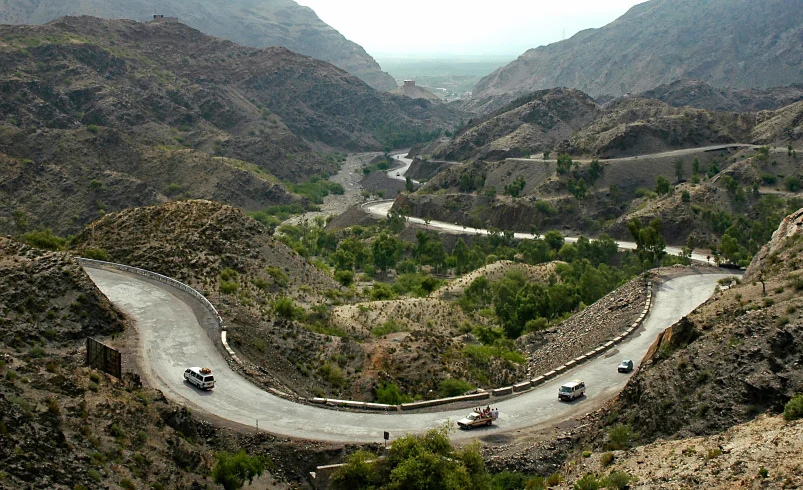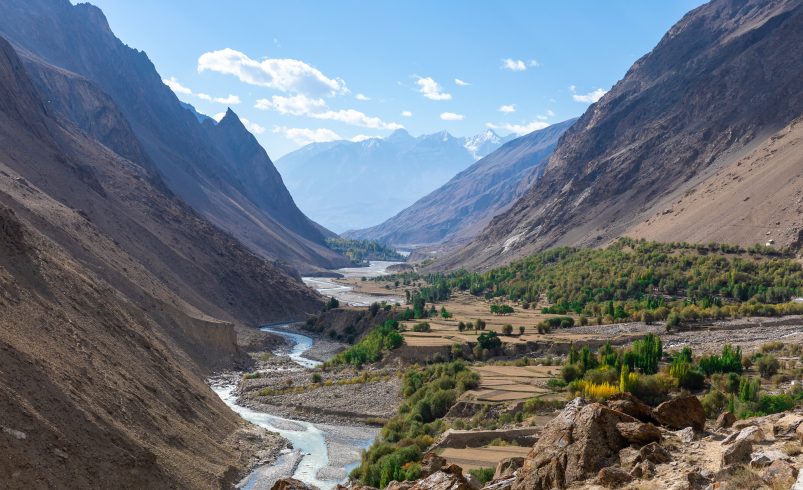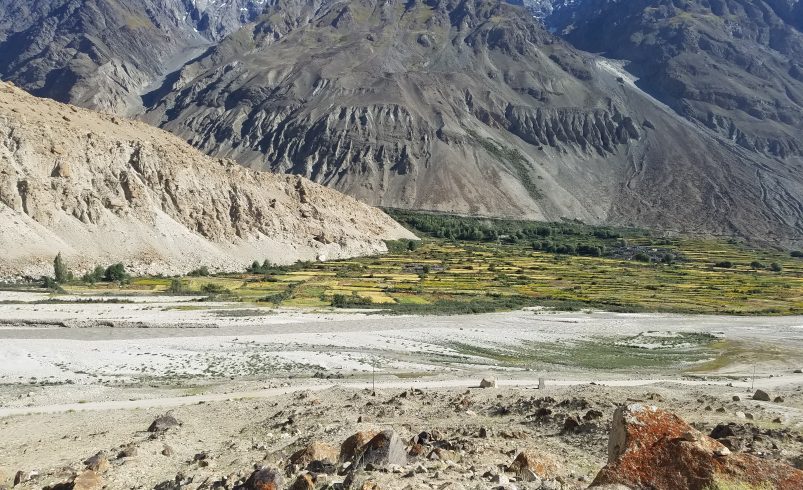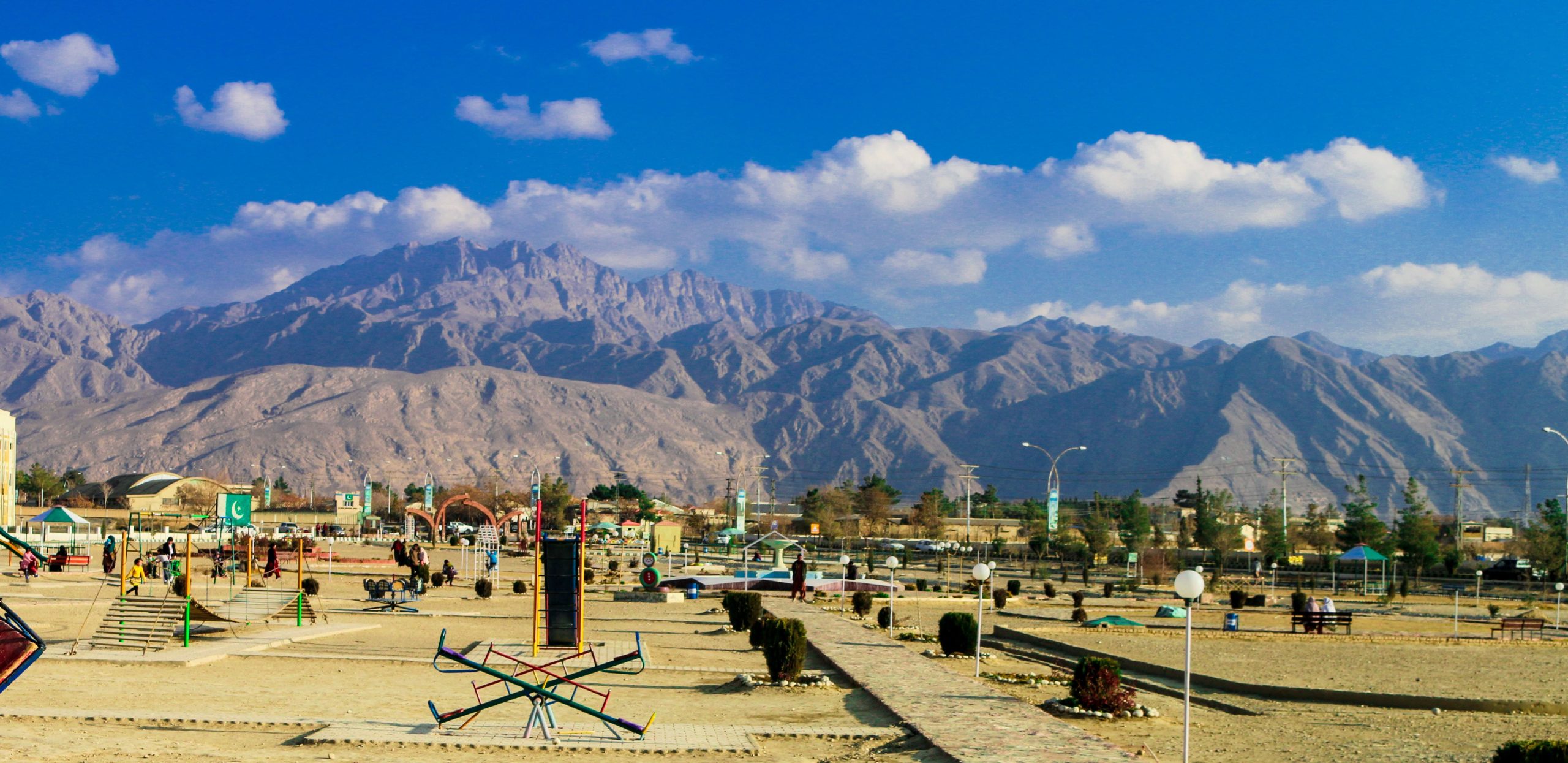
- April 25, 2025
Introduction
Nestled in the northwest of Pakistan, Khyber Pakhtunkhwa (KPK) is a land of rugged mountains, lush valleys, ancient history, and a deeply-rooted cultural heritage. This province, often overshadowed by its more commercial counterparts, offers a unique and authentic travel experience. From the bustling bazaars of Peshawar to the serene valleys of Swat and Chitral, our KPK Insights provide an in-depth look into this captivating region.
History
The history of Khyber Pakhtunkhwa (KPK) dates back to ancient times, making it a region rich in historical significance. It was home to the Gandhara civilization, one of the earliest urban cultures, known for its remarkable Buddhist art and architecture. The ancient city of Taxila, now a UNESCO World Heritage site, played a central role in education and trade, influencing both eastern and western cultures.
Throughout history, KPK has been a strategic location for several empires. The Maurya Empire, Kushan Empire, and Gandhara Buddhist Civilization all left their marks here. The region was also influenced by Persians, Greeks, Mongols, and Mughal invaders, which is reflected in the architectural and cultural diversity that exists today.
KPK was also a key player in the British Raj. The province’s strategic position near the Afghan border meant that it was a frontier province, and the Durand Line—the boundary between Afghanistan and Pakistan—was drawn through the region. The province has a history of resistance against foreign invasions, especially during the Independence movement of Pakistan, with leaders from this region playing vital roles in the national struggle for independence.
Cultural Heritage
KPK is home to a diverse and rich cultural heritage, influenced by a blend of Pashtun traditions, Islamic culture, and local customs. The Pashtun culture is one of the most prominent in KPK, where values such as honor, hospitality, and loyalty form the core of daily life. The Pashto language is widely spoken, and Pashtunwali, the traditional code of conduct, guides social behavior in the region.
Islamic heritage also has a deep presence in KPK, with historical mosques, Sufi shrines, and religious schools dotting the province. The Mughal influence is seen in Peshawar’s Bala Hisar Fort and the Mahabat Khan Mosque. Additionally, KPK is known for its handicrafts, such as intricately designed carpets, shawls, and silver jewelry, showcasing the region’s artisanship.
The Kalash Valley in Chitral is a particularly unique cultural site, as the Kalash people maintain a pre-Islamic pagan religion. Their festivals, such as Chilam Joshi and Uchau, offer insight into their traditional way of life and vibrant cultural practices.
Best Time to Visit
The best time to visit KPK largely depends on the specific region you’re planning to explore:
- Swat, Kalam, and Chitral: The summer months of April to October are perfect for visiting these scenic valleys. The weather is pleasant, and you can enjoy outdoor activities like trekking, hiking, and fishing in Mahodand Lake or exploring the Kalash valleys. The winter months (November to March) can be harsh, especially in the higher altitudes, with snow blocking certain roads.
- Peshawar and Lower KPK: The best time to visit Peshawar and the surrounding areas is between October and March. The temperatures are more comfortable for exploring historical sites like the Qissa Khwani Bazaar and the Bala Hisar Fort. Summers in Peshawar can get quite hot, so it’s advisable to visit in the cooler months.
- Nathiagali and Galiyat Region: This area is known for its cool climate, especially during the summer months of May to August. It’s an ideal place to escape the heat of the plains. Winters in this region can be quite cold, and snow is common, making it perfect for winter retreats and enjoying a white Christmas.
Avoid traveling during monsoon (July-August) and heavy snowfall periods (December-January) in mountainous areas unless well-equipped.
Location
KPK is located in the northwestern part of Pakistan, bordering Afghanistan. Major cities include:
- Peshawar – Provincial capital
- Abbottabad – Gateway to Galiyat region
- Swat, Chitral, Kohistan, Bannu – Each with unique landscapes and cultural charm
Top Places to Visit in KPK
1. Peshawar
- Attractions: Qissa Khwani Bazaar, Bala Hisar Fort, Mahabat Khan Mosque
- Highlights: Ancient trading city with Mughal architecture and street food delights
2. Swat Valley
- Attractions: Malam Jabba, Fizagat Park, Swat Museum
- Highlights: Known as the Switzerland of Pakistan, famous for rivers, hiking, skiing
3. Chitral
- Attractions: Kalash Valleys, Chitral Fort, Shandur Pass
- Highlights: Unique pagan Kalash culture, polo festivals, mountain views
4. Kalam Valley
- Attractions: Ushu Forest, Mahodand Lake, Blue Water
- Highlights: Trekking, boating, glacier exploration
5. Nathiagali
- Attractions: Mukshpuri Top, Miranjani, Nathiagali Church
- Highlights: Lush forests, leopards, and colonial charm
6. Dir & Kumrat Valley
- Attractions: Panjkora River, Kumrat Jungle
- Highlights: Off-the-beaten-path camping paradise
Where to Stay
KPK offers diverse accommodation from budget guesthouses to luxury resorts:
- Peshawar: Shelton’s Rezidor, Pearl Continental
- Swat/Kalam: Serena Swat, Blue Ocean Kalam
- Chitral: Hindukush Heights, Chitral Inn
- Nathiagali: Green Retreat, Elites Hotel
- Kumrat: Eco camps, family guesthouses
Emergency Contacts & Health Precautions
- Rescue 1122 – Emergency medical and fire services
- Tourist Police KPK – 1700 (active helpline)
- Nearest Hospitals: DHQ Hospitals in every district, Lady Reading Hospital in Peshawar
- Carry first aid, insect repellents, prescription meds, and COVID-19 essentials
Travel Tips
- Always carry CNIC or passport for identification
- Dress modestly in rural or traditional areas
- Hire local guides for remote treks
- Be respectful at religious and cultural sites
- Carry cash, as ATMs are scarce in remote valleys
FAQs
What is KPK famous for?
KPK Insights reveal that the province is known for its mountains, history, and cultural heritage.
Is it safe to travel to KPK?
Yes, most areas are safe for tourists, especially Swat, Chitral, and Galiyat. Always check local advisories.
What is the best way to get to Swat or Chitral?
Travel via road from Islamabad (4–8 hours depending on location), or fly to Chitral Airport.
Can tourists attend local festivals?
Absolutely! Events like Shandur Polo Festival and Chilam Joshi in Kalash are open to all.
What food should I try in KPK?
Try Chapli Kebab, Kabuli Pulao, and Dum Pukht. Don’t miss fresh river trout in Swat.
Are there hotels with Wi-Fi?
Yes, major cities and resorts offer internet access. Remote areas may have limited connectivity.
Do I need special clothing for mountainous areas?
Yes, pack warm layers, trekking shoes, and waterproof jackets.
How is the mobile network in KPK?
Zong and Jazz offer good coverage in cities; patchy in remote valleys.
Conclusion
With its breathtaking landscapes, centuries-old traditions, and warm-hearted locals, Khyber Pakhtunkhwa is a treasure trove for any traveler seeking depth, culture, and nature. This KPK Insights guide equips you with everything needed to explore the region safely, comfortably, and meaningfully. Embrace the adventure, respect the culture, and witness the incredible diversity that defines the soul of Pakistan’s northwest frontier.






